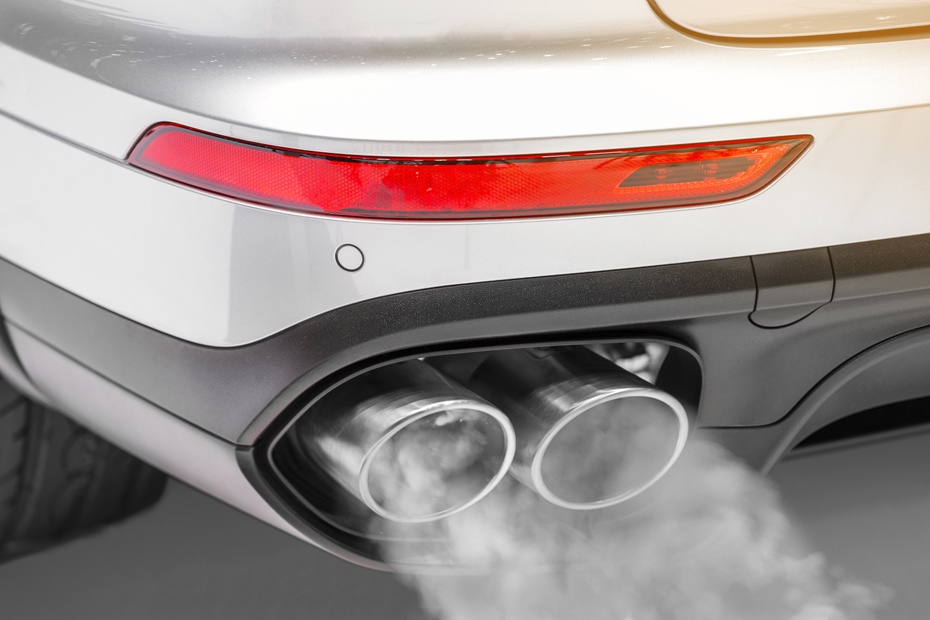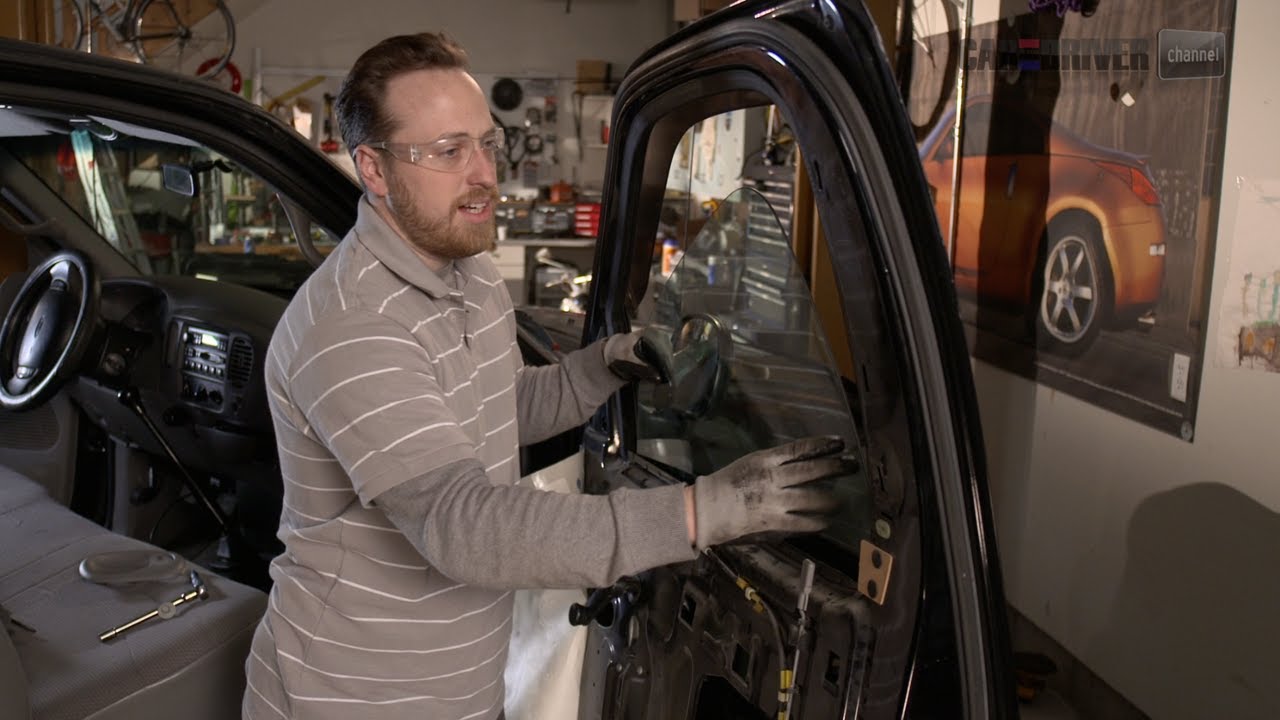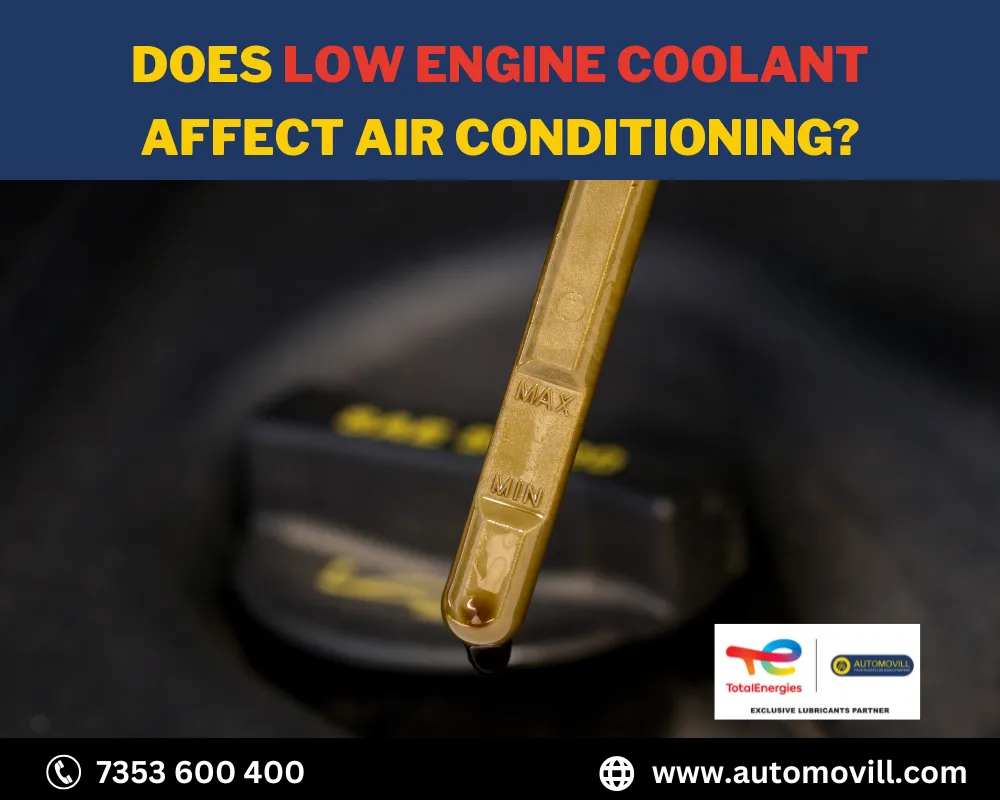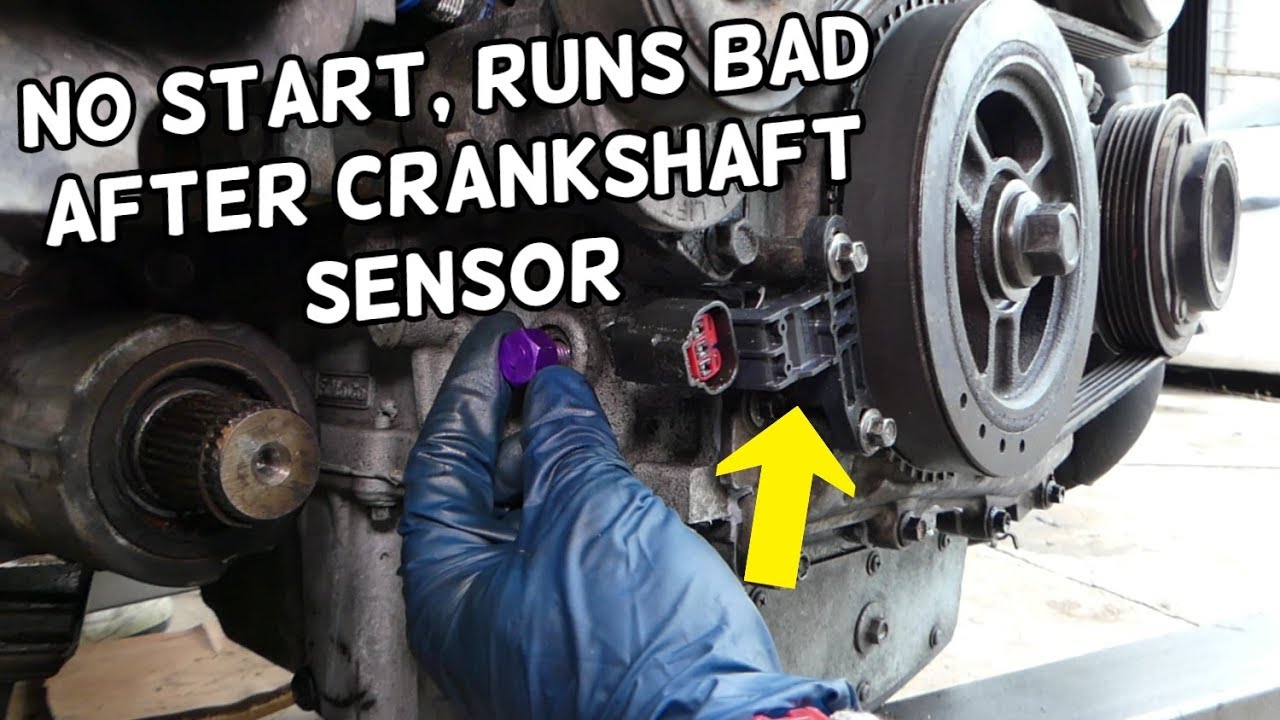Can a Bad Exhaust Cause Stalling
A bad exhaust can lead to stalling as it affects engine performance. Exhaust issues disrupt the balance of air and fuel within the engine.
A vehicle’s exhaust system is crucial for directing harmful gases away from the engine, ensuring optimal performance and fuel efficiency. A compromised exhaust system can result in a range of problems, including the potential for engine stalling. Engine stalling often occurs due to a lack of proper exhaust flow, which impairs the engine’s ability to maintain the precise mixture of air and fuel required for smooth operation.
Such disruptions can originate from clogged catalytic converters, damaged exhaust manifolds, or faults in the oxygen sensors. Drivers might notice a decrease in power and efficiency, alongside unusual noises, indicating exhaust concerns that merit prompt attention. Proper maintenance of the exhaust system is essential to prevent stalling and maintain vehicle safety and performance.

Credit: www.cars.com
Signs Of A Bad Exhaust System
Your vehicle’s exhaust system is crucial for its smooth operation. A failing exhaust can cause a range of problems, including stalling. Spotting the signs early can save you from larger issues down the road. Let’s explore the tell-tale signs of a bad exhaust system.
Unusual Noises and RattlingUnusual Noises And Rattling
The first red flag of a bad exhaust is often heard. Look out for:
- Hissing or popping noises when the engine is running.
- Rattling sounds, suggesting loose or damaged exhaust components.
These sounds may become more pronounced as the issue worsens.
Reduced Fuel EfficiencyReduced Fuel Efficiency
A healthy exhaust system helps to maintain optimal fuel efficiency. Watch for these signs:
| Fuel Efficiency Indicator | What to Observe |
|---|---|
| Decreased Mileage | More frequent trips to the gas pump. |
| Performance Issues | Lack of power or acceleration. |
If you notice a drop in your vehicle’s mileage, the exhaust system might be the culprit.
Impact Of Exhaust Damage On Engine Performance
The exhaust system plays a pivotal role in a vehicle’s performance. It directs harmful gases away from the engine. Yet, damage to the exhaust can lead to performance hiccups. One serious symptom is engine stalling. This issue highlights a compromised exhaust system’s impact on the essential engine functions.
Restricted Air Flow
Proper air flow is crucial for engine operation. The exhaust system helps maintain this. But, when damaged, it can lead to a blockage. This blockage restricts the air flow. The engine struggles to ‘breathe’ causing poor performance and possibly stalling.
- Poor acceleration
- Erratic idling
- Potential stalling
Effects On The Oxygen Sensor
The oxygen sensor plays a key role in fuel-to-air ratio. It sits in the exhaust system. A damaged exhaust can affect the sensor. Incorrect readings lead to improper fuel mixtures. This can cause the engine to stall.
- Fuel efficiency drops
- Increased emissions
- Engine hesitation or stalling
Both air flow restriction and oxygen sensor issues are critical. They need prompt attention to avoid stalling and maintain optimal engine performance.
Stalling: How Exhaust Problems Contribute
Your car stalling can be a nerve-racking experience. Usually, it’s a complex dance of mechanical parts and systems working together. The exhaust system plays a critical role here. It safely escorts harmful gases away from the engine. But, if this system fails, it can result in the engine stalling. Let’s delve into how certain exhaust issues can lead to this problem.
Backpressure And Engine Stall
When an exhaust system works well, gases flow freely. If there’s a blockage, backpressure rises. High backpressure is bad for an engine.
- Restricts engine’s ability to breathe.
- Reduces power output.
- Can cause the engine to stall.
This is more common in cars with manual transmissions. It is important to keep the exhaust system clear.
Contaminants And Clogged Filters
Catalytic converters and filters trap harmful particles. They turn dangerous fumes into less harmful gases. But, if they get blocked:
| Part | Problem | Result |
|---|---|---|
| Catalytic Converter | Contaminants build-up | Poor engine performance, possibly stalling |
| Air Filters | Clogged with dirt | Insufficient air to engine, leading to stalling |
Change filters as recommended. Inspect the catalytic converter regularly. Regular maintenance prevents contaminants from choking your vehicle’s performance, and it keeps stalling incidents at bay.
Credit: www.quora.com
Diagnostic Steps For Suspected Exhaust Issues
When your car stalls, it’s like a hiccup in its performance. It might be the exhaust system. Let’s explore the diagnostic steps to track down exhaust issues that could lead to stalling.
Visual Inspection Of The Exhaust System
The first step is to look at the exhaust. It can tell a lot about the health of your vehicle. What should you look for?
- Rust or damage on the pipes.
- Holes or cracks could be a red flag.
- Check the muffler and tailpipe for wear.
- Look for any loose components.
A damaged exhaust can lead to harmful fumes entering the car or a drop in engine performance.
Computer Diagnostics And Error Codes
Modern cars tell their health through computers. Plug in a scanner to read any error codes. These codes can spot issues with the exhaust system.
- Connect the scanner to the onboard diagnostics port.
- Read the codes and match them to the exhaust-related issues.
- Common codes relate to the oxygen sensor or catalytic converter.
Remember, fixing any detected issues early can prevent stalling and keep your ride smooth and safe.
Repair Or Replace: Addressing Exhaust Faults
Your car’s exhaust system plays a key role in its performance. Faults in the exhaust system can lead to issues like stalling. This can pose a risk on the road. Understand when to repair or replace your exhaust for optimal car health.
Common Exhaust Repairs
Exhaust issues vary in complexity and not all require a full replacement. Small repairs can solve some problems.
- O2 Sensor Replacement: Monitors exhaust emissions.
- Exhaust Leak Repair: Seals small holes in pipes.
- Muffler Repair: Fixes noise and backpressure issues.
Technicians may use welding or patch kits to fix leaks. Replacement parts like gaskets keep exhaust systems sealed.
When To Opt For A Full Replacement
Sometimes, repairs won’t cut it. An exhaust beyond repair needs replacement. Signs for this include:
| Sign | Description |
|---|---|
| Severe Rust or Corrosion | Metal damage beyond patching. |
| Major Pipe Damage | Bent or broken pipes hindering flow. |
| Loud Noises | Rumbling sound indicates serious issues. |
| Bad Odors | Could signify a health hazard. |
Consider longevity and cost. A new system may be more cost-efficient in the long run.
Preventive Measures And Good Practices
Keeping your car running smoothly involves taking care of its exhaust system. Stalling can be a sign of bad exhaust, but you can prevent it with the right measures and practices. Let’s dive into some preventive steps that can help you avoid stalling issues.
Routine Maintenance Schedule
Regular check-ups keep your car happy.
Set up a consistent timeline for inspecting your car’s exhaust system. Stick to the maintenance recommendations in your vehicle’s manual. A well-maintained exhaust system reduces the risk of stalling. Here’s a basic guideline:
- Oil changes: Every 3,000 to 5,000 miles
- Air filters: Every 12,000 miles or annually
- Exhaust inspection: Bi-annually
Early Detection Of Exhaust Problems
Catching issues early can save time and money. Listen for odd noises and watch for warning signs.
Here are signs to look out for:
| Sign | Possible Cause |
|---|---|
| Increased Engine Noise | Leaks or holes in the exhaust system |
| Decreased Fuel Efficiency | Exhaust restrictions or oxygen sensor failure |
| Unusual Smells | Cracks or leaks emitting dangerous fumes |
Perform visual checks for corrosion or damage frequently. Addressing problems before they escalate can prevent your car from stalling entirely.
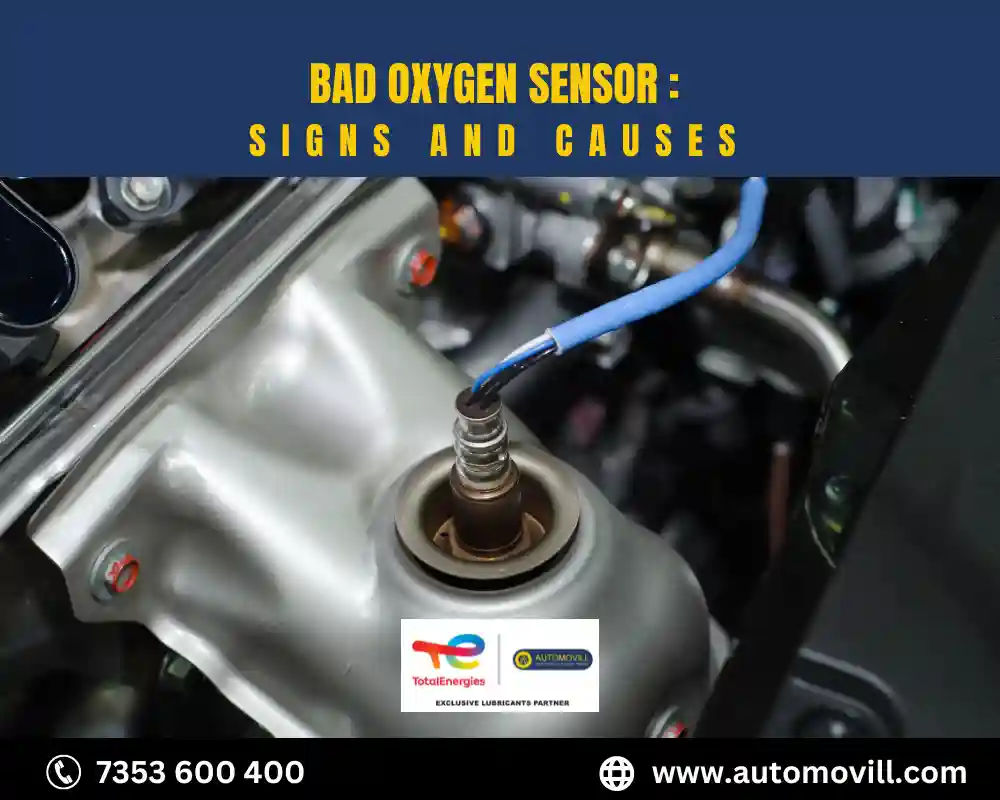
Credit: www.automovill.com
Frequently Asked Questions Of Can A Bad Exhaust Cause Stalling
Can A Faulty Exhaust Cause Engine Stalling?
A defective exhaust system can lead to engine stalling. It restricts the flow of exhaust gases, disrupting the engine’s air-fuel mixture. Poor exhaust flow puts back pressure on the engine, which can cause it to stall and reduce overall performance.
How Does A Bad Exhaust Affect Car Performance?
A bad exhaust can significantly impair car performance. It reduces engine efficiency by hindering proper gas expulsion and affecting oxygen levels. This results in lowered horsepower, acceleration, and fuel economy, causing the vehicle to run less smoothly and efficiently.
What Signs Indicate A Bad Exhaust?
Signs of a bad exhaust include unusual noises such as rattling or hissing, a noticeable decrease in fuel efficiency, a persistent check engine light, and a smell of sulfur or rotten eggs. Experiencing these symptoms suggests exhaust system issues that warrant immediate attention.
Does Stalling Damage Your Car’s Engine?
Frequent stalling can harm your car’s engine by causing undue stress on engine components. It may lead to overheating and reduce lubrication, potentially damaging internal parts and causing costly repairs. Prevention is better than cure; regular maintenance can help avoid engine damage due to stalling.
Conclusion
A compromised exhaust system can indeed trigger vehicle stalling. Regular checks are key to maintain peak engine performance and safety. Addressing exhaust issues promptly avoids larger problems down the road. Trust expert mechanics to ensure your car runs smoothly and reliably.
Remember, a healthy exhaust equals a stable ride.

